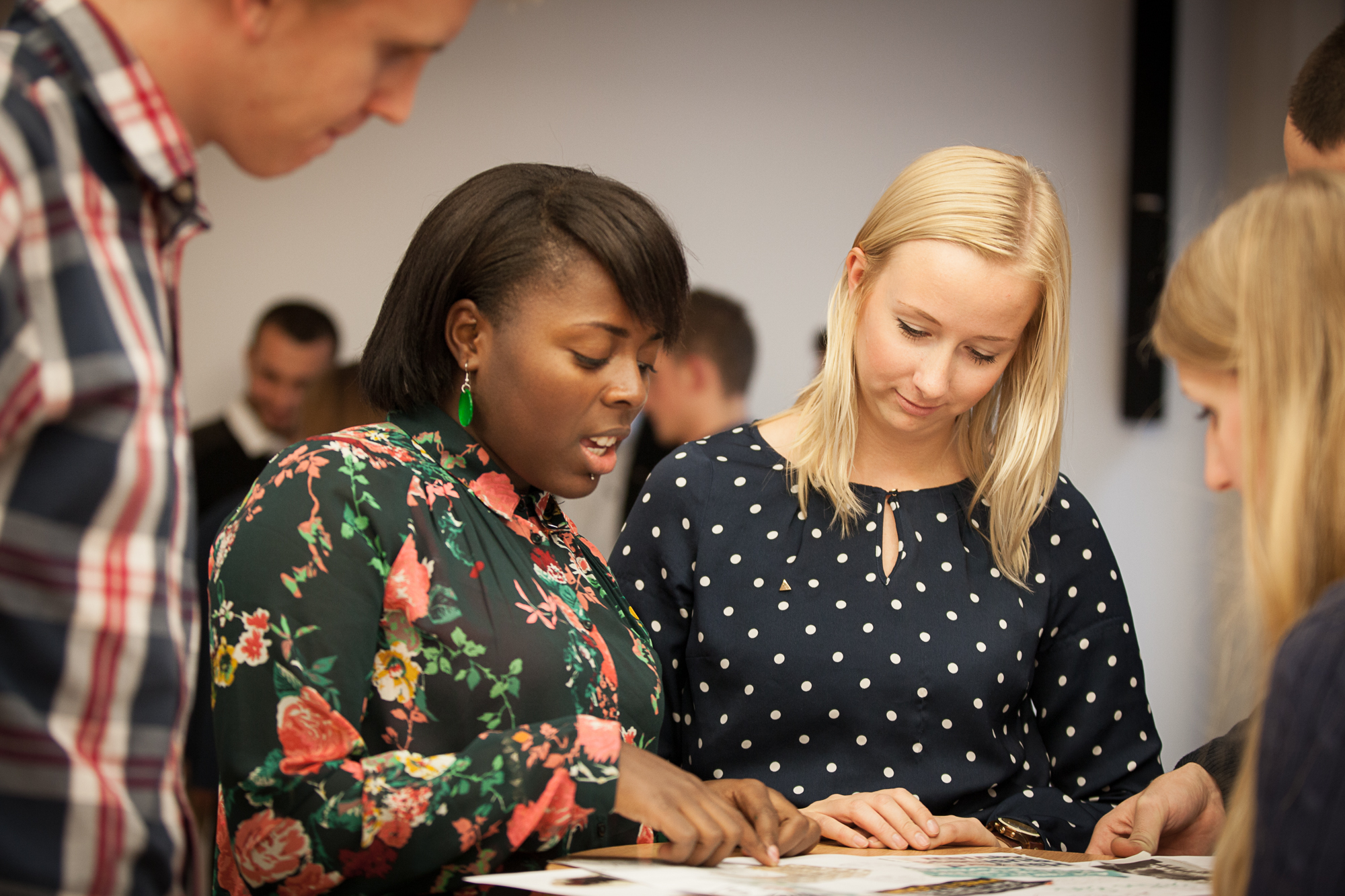Jean Monnet was saying that the European project can only succeed if national governments equip all young people through education with the tools to fully exploit their potential. What happens, however, when you feel disconnected from the community you live in?
Schools are among the best places for integration: it is often where young people make their first social contacts outside the family. The earlier this happens for migrant children and youth, the better their educational and professional achievements.
Nevertheless, whilst the data clearly demonstrates that the results achieved by children from a migrant background who attend school from early childhood are consistently better, this does not mean that such students are more likely to access university or find decent work.[1] Children with migrant backgrounds will certainly face various challenges if they enter school without having mastered the local language for example or if they lack other opportunities to interact with people in their local community. We must take into consideration both schools and the surrounding community in the matter of integration.
Evidence shows that countries respond to large numbers and poor outcomes of immigrant pupils with many new, but weakly targeted education policies, which are not always well implemented or effective in practice[2]. Sweden and Belgium figure in the top 10 of the Migrant Integration Policy Index, respectively at the first and seventh place. We looked at good practices in those countries where entrepreneurship education plays a vital role in integrating students with a migrant background and enables them to flourish within their communities or even beyond.
In 2014, thousands of people fled for their lives from conflicts in Somalia, Afghanistan, Syria, and Eritrea. Among them, 4 young people finally arrived in Sweden and joined an introduction programme in a Swedish high school in Alvesta. In August 2015, they started the JA Company Programme in their school. Over the course of the school year, they formed a team and developed a business idea with the help of a business mentor and their teachers. It encouraged them to learn Swedish quickly and build a network. All of them are now well-integrated in the Swedish society and one of the mini-companies is offering homework support in Arabic, Somali, Swedish and English. They are now themselves contributing to the integration of other students with a migrant background. JA Sweden is currently following these students with a camera to see their evolution during the company programme and a film will be presented in June.
In Belgium, recent developments focused media attention on Molenbeek but the surrounding areas are just as important in terms of integration policies since they form the “priority areas” for integration in Brussels. JA in Belgium has had a focus on those areas for many years already. In October 2013, 15 students of the Institute Marius Renard in Anderlecht took part in the JA Company Programme and created their own mini-company, Healthy Fox. Their product, a tricolour Belgian waffle echoes the Belgian flag and is made from vegetables. It quickly became a real success. The team reached the semi-final in the competition of the Company of the Year Competition in 2014 and figured amongst the 10 winners of the Be Creative contest, designed to showcase products promoting Belgium at the Milan Expo. It has become clear that these efforts have had genuinely beneficial results not only for the students with a migrant background or the school themselves but also the entire community.
These are just two examples from among many that show how such experiential programmes can make a positive impact on young people’s education and integration pathway.
There is no coincidence in that fact that Europe 2020 strategy puts education at the centre of the political priorities through a dual education objective: to foster relevant high-quality education as well as inclusive education. Entrepreneurship education contributes to both objectives and New entrepreneurial Europeans definitely contribute to Europe’s future. At JA Europe, we aim to inspire and prepare young people to succeed in a global economy. In partnership with schools and actors from the local neighbourhood, we implement programmes from primary to the university that develop young people’s work readiness, entrepreneurship and financial resilience. Getting an early start is crucial: even in primary school, students meet a variety of adult role models, they learn to collaborate with their classmates on projects and they build self-confidence. There is evidence of increased interest in school work and more leadership behaviour. These are the competences that greatly facilitate social inclusion. Secondary school students who have participated in JA’s entrepreneurship education programmes are 50% more likely to start a business later on than non-JA participants. They are also less likely to drop out or be unemployed, and more likely to earn higher incomes and be satisfied with their careers[3].
These results should be a call to action for European policy-makers looking for effective solutions to the migrant crisis. Clearly, we don’t have to look far to find schemes that work well and are cost-effective.
[1] Opinion of the European Economic and Social Committee on the Green Paper — Migration &
mobility: challenges and opportunities for EU education systems, 2009
[2] The Migrant Integration Policy Index (MIPEX), 2015
[3] EPRS, Youth education and entrepreneurship, 2015

Leave a Reply